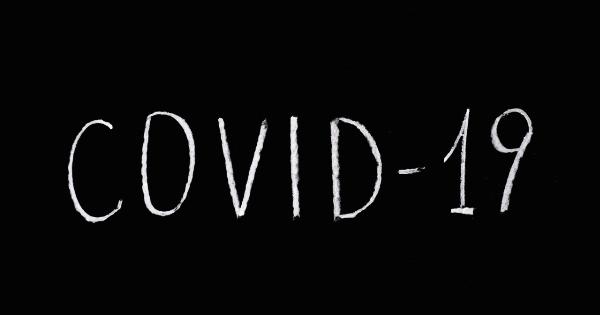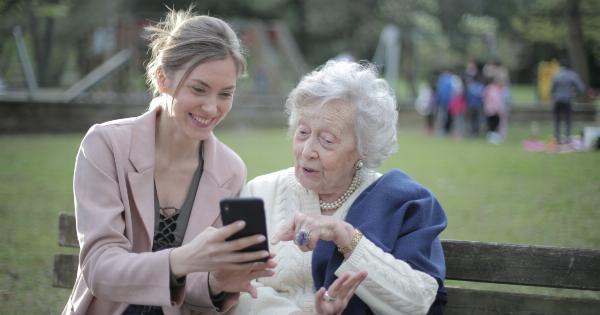Frontotemporal dementia (FTD) is a unique and distressing syndrome of progressive cognitive and behavioral impairment that primarily affects the frontal and temporal lobes of the brain.
As a result, there is a significant impact on personality, language, behavior, social functioning, and executive functioning. The onset of symptoms is typically in the middle-aged or early stages of adulthood, from the age of 40 and above.
Symptoms
The clinical picture of FTD is characterized by various symptoms, depending on the subtypes. However, common symptoms of the disease include:.
- Changes in social conduct
- Loss of personal hygiene
- Loss of inhibition
- Disregard for social norms
- Loss of empathy and sympathy
- Inability to plan and organize daily activities
- Repetitive and compulsive behavior
- Apathy and lack of interest
- Impulsive behavior
- Changes in language and speech
- Behavioral problems
- Mild memory loss
Types of Frontotemporal Dementia (FTD)
FTD is a heterogeneous group of disorders that include:.
Behavioral Variant Frontotemporal Dementia (bvFTD)
This type of FTD is characterized by changes in behavior, personality, and interpersonal relationships. The symptoms can range from apathy, loss of empathy, social withdrawal, and loss of inhibition to impulsivity and disinhibition.
Patients with bvFTD may develop compulsive behaviors, such as eating too much or engaging in sexual misconduct. They may also lose interest in hobbies or activities that they previously enjoyed.
Primary Progressive Aphasia (PPA)
This subtype of FTD is associated with changes in language and speech, and it is characterized by a progressive decline in speech production or comprehension. PPA can be further subdivided into three categories, including:.
- Semantic variant PPA (svPPA)
- Nonfluent/agrammatic variant PPA (nfvPPA)
- Logopenic variant PPA (lvPPA)
Frontotemporal Dementia with Motor Neuron Disease (FTD-MND)
This subtype of FTD is characterized by the involvement of the motor neurons, which leads to muscle weakness and atrophy. The patients may also have difficulties with speech, swallowing, and breathing. FTD-MND can be further classified into:.
- Amyotrophic lateral sclerosis (ALS)
- Progressive bulbar palsy (PBP)
- Progressive muscular atrophy (PMA)
- ALS-parkinsonism-dementia complex (ALS-PDC)
Causes and Risk Factors
The exact causes of FTD are unclear, but studies suggest that a combination of genetic and environmental factors can play a role in the development of the disease. Some of the factors that increase the risk of developing FTD include:.
- Family history of FTD
- Presence of certain genes, including MAPT, GRN, and C9orf72
- History of head injury
- Presence of certain protein abnormalities, including tau and TDP-43
- Exposure to toxic substances such as lead or mercury
- Chronic stress
Diagnosis
The diagnosis of FTD is challenging since the symptoms may be mistaken for other conditions such as Alzheimer’s disease, depression, or bipolar disorder. The diagnosis usually involves several tests, including:.
- Medical history and physical examination
- Neurological examination
- Mini-Mental State Examination (MMSE) or Montreal Cognitive Assessment (MoCA)
- Brain imaging, including CT, MRI, or PET scan
- Neuropsychological tests to assess language and executive functions
- Biochemical and genetic tests to investigate protein abnormalities or genetic mutations
Treatment and Management
There is currently no known cure for FTD, but the treatment and management of the disease can alleviate some of the symptoms and improve the quality of life of the patients and their families.
Some of the approaches to the treatment and management of FTD include:.
- Pharmacological treatment to manage behavioral symptoms such as depression, anxiety, and agitation. Antipsychotic medications are not recommended due to their side effects.
- Speech and language therapy to enhance communication abilities and address language impairments.
- Occupational therapy to help patients perform daily activities independently and safely.
- Support groups to provide emotional support for patients and their families and educate them about FTD.
- Assistive technology such as communication devices, hearing aids, and mobility devices to enhance the quality of life of patients with significant motor deficits.
Conclusion
Frontotemporal dementia is a complex neurodegenerative disorder affecting the brain’s frontal and temporal lobes. The disease leads to progressive cognitive and behavioral impairment and affects the quality of life of patients and their families.
Early diagnosis and effective management can improve the quality of life of patients with FTD.



























